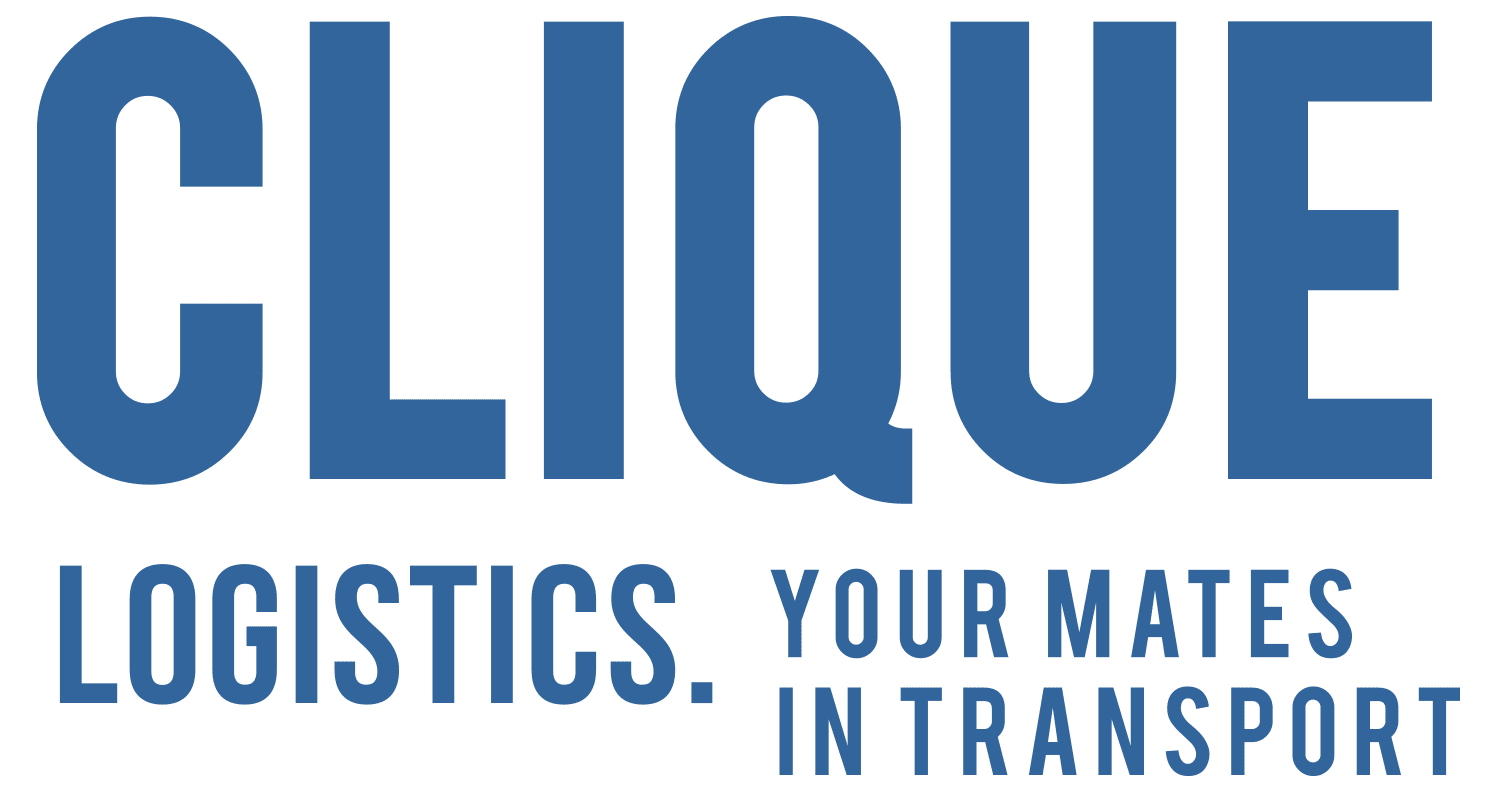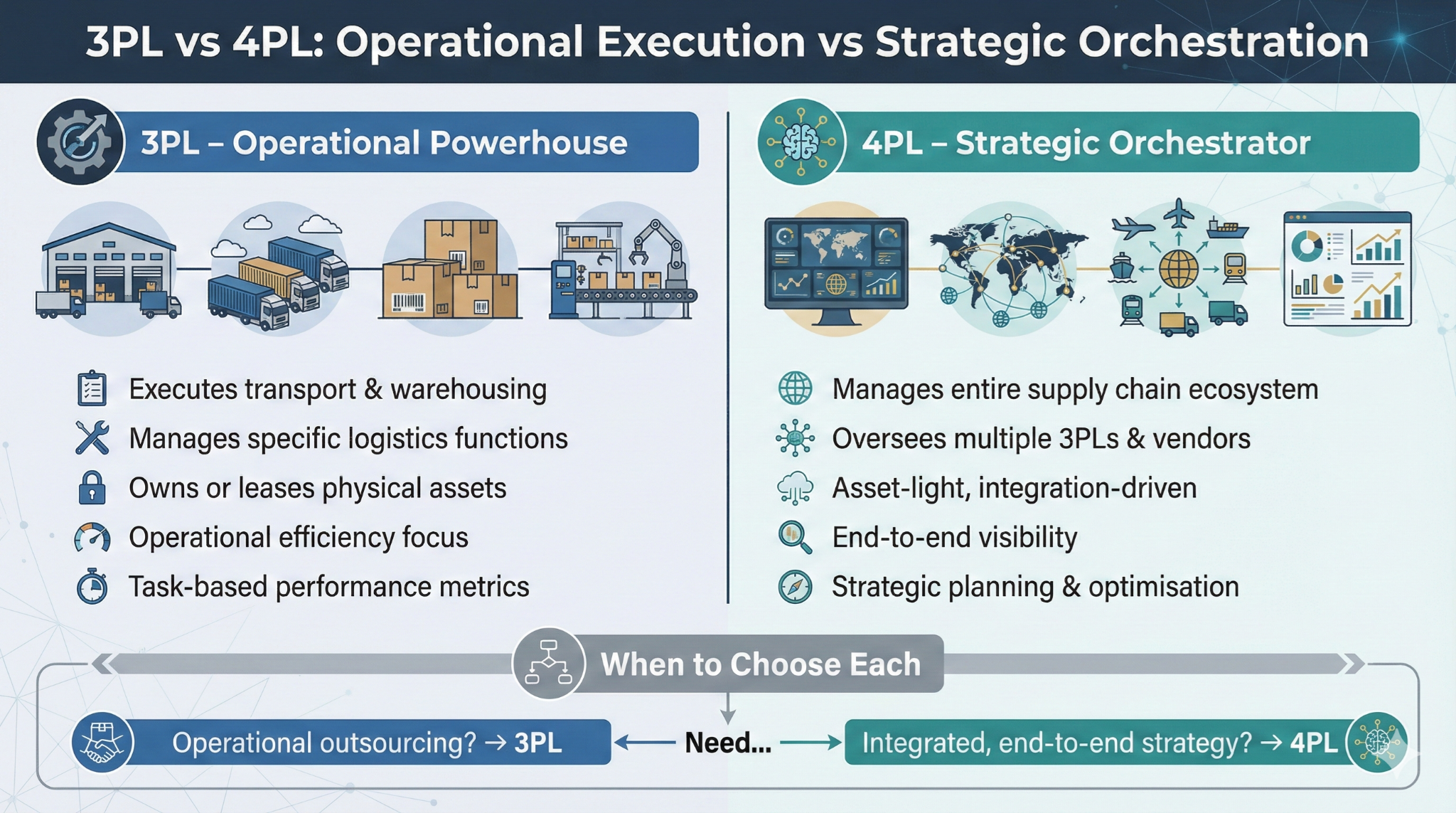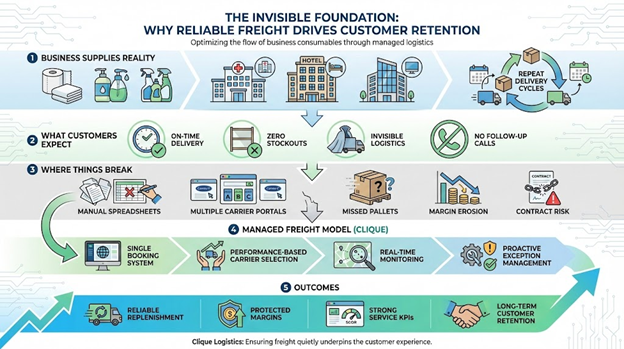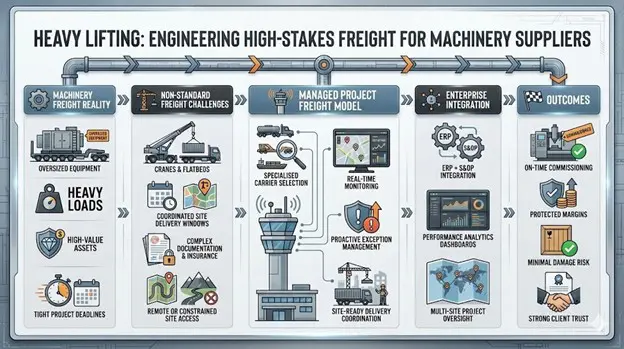When choosing a logistics provider, many businesses default to one question: “Who offers the lowest price?” While cost is a critical factor, it should never be the sole deciding element. The real question should be: “What value does this logistics partner bring to my business?”
Selecting a logistics provider based purely on cost can lead to delays, damaged goods, poor communication, and ultimately, dissatisfied customers. Instead, businesses should evaluate logistics partnerships based on a balance of cost, reliability, service quality, and strategic alignment.
Let’s break down the key factors that define a truly valuable logistics provider.
-
Service Reliability: Delivering on Promises
A logistics partner’s ability to meet on-time delivery commitments can make or break a company’s reputation. Late or inconsistent deliveries disrupt operations and create frustration for customers. Businesses should evaluate a provider’s historical performance, including their:
- On-time delivery rates
- Response time to issues
- Flexibility during peak demand periods
A partner with proactive issue resolution and transparent communication adds far more value than a cheaper provider that leaves you scrambling when things go wrong.
-
Communication & Transparency: The Backbone of Strong Logistics
A valuable logistics provider keeps clients informed at every stage of the process. Clear and timely communication reduces uncertainty, helping businesses manage customer expectations and adapt to any unforeseen delays.
Look for a logistics partner that offers:
- Real-time shipment tracking
- Proactive updates on potential delays
- A responsive and knowledgeable support team
Clique Logistics’ 9:9 Never Promise is a prime example of the kind of service businesses should demand—where calls are answered in 9 seconds, emails in 9 minutes, and customers never have to follow up twice.
-
Risk Mitigation: Preventing Costly Mistakes
The cheapest logistics provider isn’t always the safest choice. A valuable logistics partner helps businesses avoid costly risks such as:
- Lost or damaged shipments
- Regulatory non-compliance
- Lack of insurance coverage
By ensuring proper cargo handling, compliance with industry regulations, and risk assessment measures, businesses can prevent supply chain disruptions that could cost them far more in the long run.
-
Customisation & Scalability: Growing with Your Business
Not all businesses have the same freight needs. A logistics provider that offers customised solutions and scalability provides long-term value. Can the provider accommodate:
- Seasonal demand spikes?
- A shift in product distribution needs?
- Integration with your existing supply chain technology?
A true logistics partner tailors solutions rather than forcing businesses into a one-size-fits-all approach.
-
Total Cost of Ownership (TCO): Looking Beyond the Price Tag
While upfront pricing is important, the Total Cost of Ownership (TCO) provides a more accurate picture of a logistics provider’s financial impact. TCO factors in:
- Service failures leading to lost sales
- Excess inventory holding costs due to delays
- Administrative time spent resolving logistics issues
A provider with a slightly higher upfront cost but superior service reliability, better tracking, and proactive problem-solving will save businesses more money in the long run.
Conclusion
Choosing a logistics provider is about more than just cost—it’s about value. Businesses should consider service reliability, communication, risk management, customisation, and total cost of ownership when making their decision. A provider that prioritises these elements will ultimately deliver greater efficiency, stronger customer relationships, and long-term savings.




